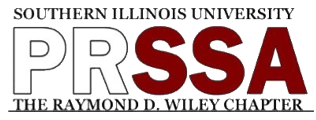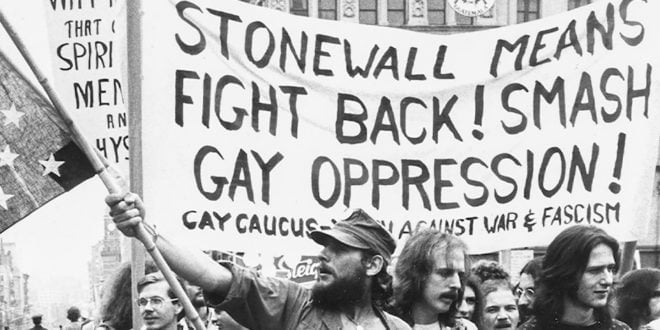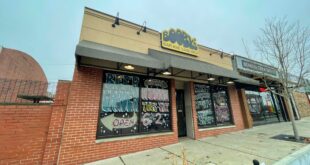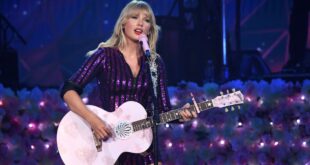Diversity and inclusion appear to be sweeping through corporate culture across the United States. What does this look like? Which groups are companies reaching out to? One such group is the LGBTQ+ community. The LGBTQ+ community stands for the Lesbian, Gay, Bisexual, Transgender and Queer community.
Same-sex marriage became legal in all 50 states on June 26 2015. This was not the final milestone for LGBTQ+ issues in the United States, however. Increased visibility of LGBTQ+ people in everyday life has sparked debate on how (or not) to integrate the LGBTQ+ community into the workplace, media and legislature.
Small and large companies alike have extended their outreach to LGBTQ+ people. Some companies, like Chick-fil-a, have come under scrutiny for donating to anti-LGBTQ+ organizations like Salvation Army in the past. Others have been praised for their outreach, such as the Miami Dolphins.
The Miami Dolphins have a history of LGBTQ+ outreach that doesn’t start and end during pride month. They have partnered with organizations such as SAVE, a non-profit advocating for LGBTQ+ inclusive legislation and leadership in Florida.
This September, the Miami Dolphins Foundation twitter page promoted SAVE’s virtual gala honoring those who have furthered LGBTQ+ equality in Florida.
On October 24 2021, the NFL football team hosted a pride pregame event called, “A Day out with the Dolphins”. This gathering was meant to bring people together from their partners throughout local LGBTQ+ organizations, according to outsports.com.
Large, mainstream organizations like the Miami Dolphins supporting the LGBTQ+ community is a more recent phenomenon. The LGBTQ+ community has often been targets of institutional discrimination in the past.
On June 28 1969, NYPD raided the Stonewall Inn on the premise of the bar operating without a valid liquor license. However, the police did not stop there. Officers began harassing LGBTQ+ patrons of Stonewall Inn for not wearing gender appropriate clothing. During this time, it was lawful for police to arrest someone for not wearing enough gender appropriate clothing in public. One patron named Marsha P. Johnson began fighting the police and instigating the infamous Stonewall Riots that lasted from June 28 to July 3 1969.
In recent years, the NYPD has adopted their LGBTQ Outreach Unit. This unit provides information, workshops for youth, safety presentations and collaborates with local organizations and city agencies. Despite this, they still receive criticism due to their violent history with the LGBTQ+ community.
Their most recent tweet was showing support of their LGBTQ+ police officers during last year’s pride month on June 13 2020.
The NYPD’s efforts, however, did not prevent them from experiencing backlash.
On June 28 2020, GLAAD, a national LGBTQ+ non-profit, posted a video of people marching on the anniversary of the Stonewall Riots. The caption read: “On the anniversary of the start of the Stonewall riots, the NYPD is attacking LGBTQ people who are marching for pride. Let that sink in.”
GLAAD’s tweet had 546 replies, over 22,00 retweets and over 38,000 likes. GLAAD is not the only LGBTQ+ non-profit to use their platform to call out other large organizations.
Joni Madison, interim President of the Human Rights Campaign, tweeted on Monday, “The @NCAA claims to have a strong commitment to diversity, equity, and inclusion, and yet its new constitution doesn’t include any nondiscrimination policy language. Where are the protections for LGBTQ+ students? For women? For students of color?”.
Within an hour of posting, Madison’s tweet had two replies, nine retweets and 25 likes.
Organizations, for profit or not for profit, each have a multitude of strategies to reach LGBTQ+ audiences. Social media has allowed for a greater visibility of LGBTQ+ people and their concerns.
Companies and organizations utilize their social media presence to address the LGBTQ+ community’s concerns. They also host events, collaborate with and call out other organizations. Social media appears to play a the most pivotal role in when it comes to organizations forming a relationship with the LGBTQ+ community.
 SIU PRSSA Southern Illinois University Public Relations Student Society of America
SIU PRSSA Southern Illinois University Public Relations Student Society of America




